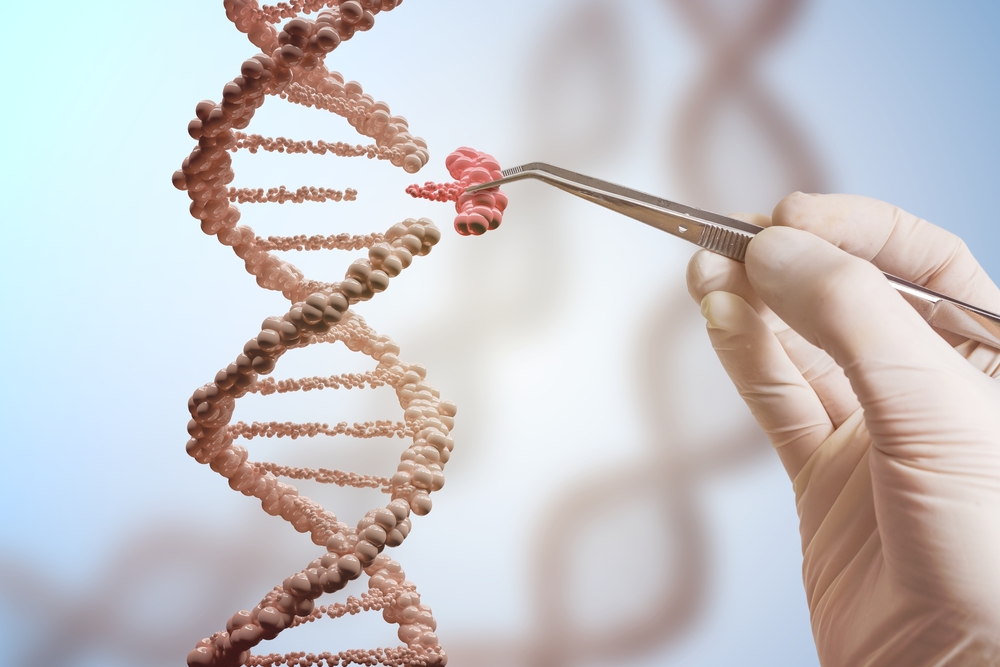Abeona Therapeutics Opens New Manufacturing Facility in Ohio for Its Gene, Cell Therapies
Written by |

Abeona Therapeutics has announced the opening of The Elisa Linton Center for Rare Disease Therapies, a commercial manufacturing facility for advanced gene and cell therapies in Cleveland, Ohio.
The new GMP (good manufacturing practices) facility will have the capability to manufacture clinical and commercial grade products over Abeona’s multiple programs, including Sanfilippo syndrome.
The opening ceremony and first facility walk-through took place on May 31.
“The opening of The Elisa Linton Center for Rare Disease Therapies is a momentous occasion and underscores Abeona’s ongoing commitment to transforming patients’ lives,” Carsten Thiel, PhD, Abeona’s CEO, said in a press release.
“Our development of internal manufacturing capabilities bolsters our position for commercial readiness as we continue to execute on our vision to bring these therapies to the patient communities that need them,” he said.
Abeona will use the new facility to manufacture EB-101, an investigative gene-corrected cell therapy for the treatment of recessive dystrophic epidermolysis bullosa (RDEB) — a rare and devastating skin disorder — and ABO-102, an experimental gene therapy for Sanfilippo syndrome type A (MPS IIIA), as well as Abeona’s other therapies in development.
Sanfilippo syndrome type A is a genetic disorder caused by a deficiency in an enzyme responsible for breaking down heparan sulfate, a type of sugar molecule. ABO-102 is an adeno-associated virus-based gene therapy that contains the missing SGSH gene, and has the potential to correct this gene defect in patients’ cells.
In preclinical studies, a single dose of ABO-102 resulted in functional benefits that remain for months after treatment, such as normal cell and organ function, corrected cognitive defects, and increased lifespan and neuromuscular control of Sanfilippo type A animal models.
The company recently presented updated results of its open-label trial (NCT02716246) at the American Society for Gene and Cell Therapy (ASGCT) 21st Annual Meeting in Chicago.
ABO-102 induces a dose- and time-dependent decrease in heparan sulfate in both urine and cerebral spinal fluid, the liquid filling the brain and spinal cord, in the 11 patients treated so far. Treatment was well-tolerated, with no therapy-related serious adverse events.
The facility meets all necessary requirements for commercial development, so it will be ready to manufacture EB-101 and ABO-102 once they are approved by the U.S. Food and Drug Administration.
Construction on another 20,000-square-foot facility has also started. It will be used to meet the anticipated commercial demand for development programs in the future.
ABO-102 has been granted orphan drug, rare pediatric disease, and fast track designations by the FDA. In Europe, ABO-102 has orphan product status.
Both ABO-102 and EB-101 were recently granted the FDA’s regenerative medicine advanced therapy (RMAT) designation, which emphasizes the unmet medical need for patients with Sanfilippo disease and RDEB.





